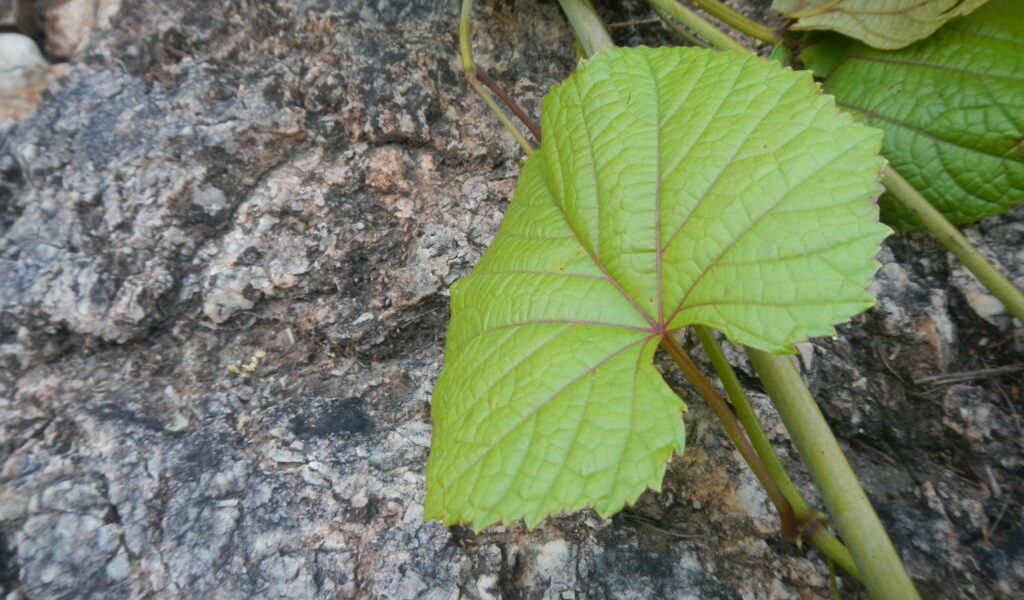
Children learn more about environmental issues and their impact on their lives. Attempt is required to enhance their understanding of energy efficiency, water conservation and waste management. It will encourage the creative thinking in children engaging in activity-based learning that develops competence in environment protection. It highlights the importance of making sustainable choices and using alternative forms of energy. Further, it enables children to collect, investigate and analyze data to understand energy consumption and carbon foot-print.
Energy: the base of LIFE
Energy is the basis of human life. all activities, conducted through machines or performed by us, are either a transfer or transformation of energy from one form to another. we use energy to work and make all movements. When we eat, our bodies transforms the food into energy to do work. When we run or walk or do some work. we ‘burn’ energy in our bodies.
Cars, planes, trains, boats and machinery also transform energy into work. Work means moving or lifting something, warming or lighting something. Energy forms an integral part of the vital infrastructure required for economic development and hence its demand is increasing day by day. Thus, energy is defined as, ‘the ability or the capability to do work.’
Let’s look at various conservation measures at home, school and as we move:
At household level:
- Remind your mother to keep the lid on while cooking, and use pressure cooker whenever possible, as it reduces time and energy usage.
- Next time you see someone ironing clothes, remind them to iron a pile at once, instead of one or two at a time.
- Suggest your parents to replace all incandescent bulbs with CFLs or LEDs. They consume less energy and last longer.
- To protect your house from the scorching summer heat, plant a tree or/trees so that your house gets natural shade.
At school level:
- Switch off fans and lights in the classroom when not in use.
- Switch off all gadgets in the laboratory, once the experiments have been performed.
- Do not leave computers and other electrical equipment in the stand-by mode.
- Close water taps properly and get them repaired by your teacher / helper in school if they are leaking.
- Leave the windows open to use more natural light in classroom.
Matter referenced from:
Extract, The Speaking Tree, Ahmedabad, Times of India/ 10.11.2019.
By: Dr. Bhawana Asnani.
Happy to see Reviews, Additions, Suggestions and Comments, further.

Leave a Reply
You must be logged in to post a comment.